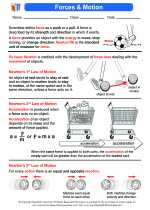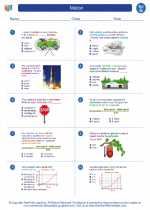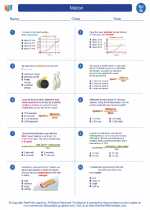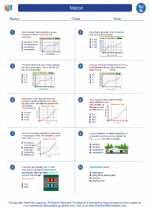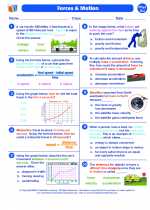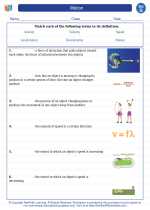Magnetism
Magnetism is a fundamental force in the universe, responsible for the attraction and repulsion of objects. It is caused by the motion of electric charges, such as the flow of electrons in a wire or the alignment of the magnetic moments in certain materials.
Magnetic Fields
A magnet creates a magnetic field around it, which exerts a force on other magnets or magnetic materials. The region around a magnet where this force can be detected is called the magnetic field.
Magnetic Poles
Every magnet has two poles - a north pole and a south pole. Like poles repel each other, and opposite poles attract each other.
Types of Magnets
There are different types of magnets, including permanent magnets (like the ones on your refrigerator), electromagnets (which are made by wrapping a coil of wire around a core and passing an electric current through the wire), and temporary magnets (which become magnetized when in the presence of a magnetic field).
Uses of Magnets
Magnets have a wide range of uses, including in electric motors, generators, MRI machines, compasses, and data storage devices like hard drives.
Study Guide
- What is magnetism?
- What causes magnetism?
- What is a magnetic field?
- What are the two types of poles that every magnet has?
- What are the different types of magnets?
- Give examples of the uses of magnets in everyday life.


